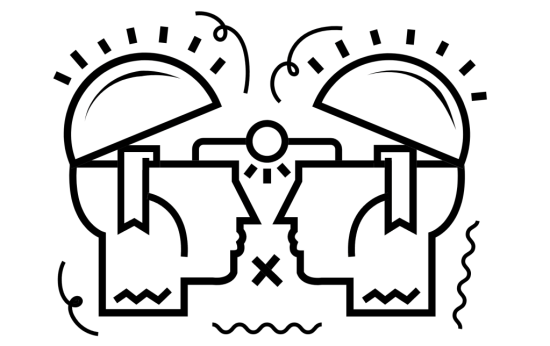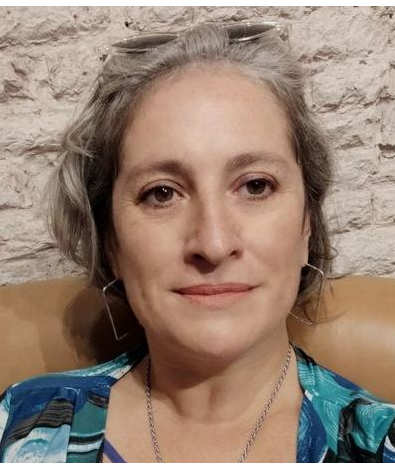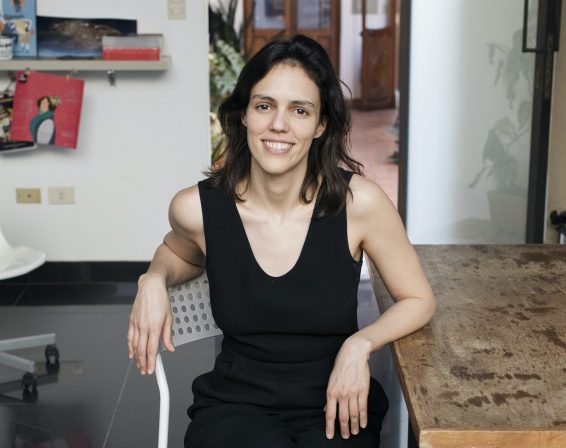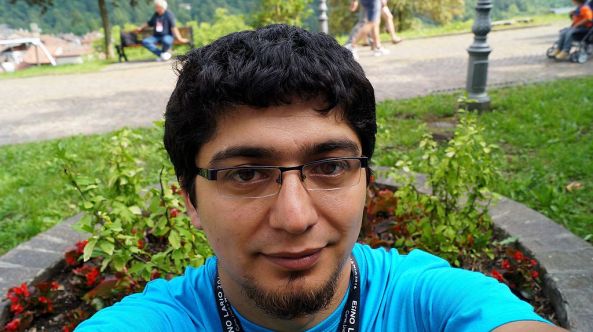
On September 2022 we presented the members of the Latin America and the Caribbean Regional Funding Committee. The have been working together since July 2021 in assisting, reviewing and approving funding requests from different people and Wikimedia affiliates in the region.
In August 2022 we launched an open call to join this regional committee, where the selection criteria were focused on adding knowledge and skills to strengthen this group while also achieving a greater geographical, linguistic, gender and cultural diversities, among others. Thus, the sum of skills, experience and know-how of these people will be greater than the sum of its parts to better perform their duties.
We wish to recognize the volunteer work and contribution of former committee members, as well as those about to leave their posts in the next few weeks. One such example is Cristina Algarra (Chrusky) who stopped being part of the committee in August 2022; we also recognize Neima Paz (Neima Paz) and Handgod Abraham (Kitanago) who will leave their posts at the end of February 2023. All three of them advised and supported the group during its first few steps. We thank them for the commitment to the movement and wish them success and good luck in all their future endeavors.
Who are the new members of the Committee?
We welcome with open arms the new members of the Committee, joining us since January 2023.

IvomarDos lives in Montevideo (Uruguay). She’s an activist and mediactivis with over 15 years worth of experience in political-institutional partnership making; she has been part of the Babel’s volunteer interpretation collective for the World Social Forum (WSF) since 2005. She’s currently part of the mediactivist collective Mediareduy and the @indisciplinadxs_ Linguistica feminista (Feminist Linguistics) collective, at the intersection of language, gender and sexuality. She has helped build several hacktivist networks across Latin America, and working as a public servant she has also worked promoting free software, spreading the word on Creative Commons, open networks and hackathons.
“I believe that achieving greater inclusion and diversity across all levels of the Wikimedia movement will allow us to reach greater participation and commitment, not just to increase trust, but to increase the impact of disbursed funds.”

Maricarmen Sequera (User:Marsebu) lives in Asunción (Paraguay). She’s co-founder and co-director of TEDIC, an organization defending human rights on the Internet in Paragua and Latin America. She’s activist at the Creative Commons Paraguay and holds a Master’s degree in free knowledge and copyright. She has also finished specialized studies on technopolitics and cybersecurity. She is a feminist and has completed studies on gender and technology.
“I would live to explore other collaboration possibilities in the region about knowledge access and I believe this is a great opportunity to join the efforts on the Wikimedia 2030 Strategy goals on grantmaking. Being able to help volunteer at this noble project is also a way for me stay committed with the challenges LATAM faces when it comes to knowledge access from a human rights- and feminist-centric point of view

Paula Kindsvater lives in Paraná (Argentina). She’s a social communicator and photographer, works at the Entre Ríos National University, where has been working on institutional communications for over 8 years. She’s part of “Litoral intenso”, an informal group of mediactivists in the cities of Santa Fe and Paraná, brought together by the philosophy of free culture and free software.
Since 2017 she has uploaded her own work to Wikimedia Commons and has also worked on article creation and editing, focusing on biographies of women of her region. Most of the pictures she has released are closely linked to the gender gap struggles in her own city, looking to record the efforts made so that there will be a collective memory and free visual record of these events.
“I believe that I can add my own regional look of things, my own experiences in mediactivism, in communications and strategic management; I will add my commitment to reducing the gender gap and achieving a greater equity in the movement”.

Dennis Tobar Lives in Santiago de Chile. He’s been a Wikipedian since 2005, was previously part of the Board of Trustees of Wikimedia Chile and is currently a member of two Wikimedia Affiliates (Wikimedia Argentina and Wikimedia Spain). All along their involvement with the movement, he has volunteered at several project evaluation and grant-related committees, such as the Individual Engagement Grants (IEG) and the Projects Grants (PG) committees. Through this work, he has realized the value of evaluating projects that look forward to impact on the social, scientific and cultural areas of the Wikimedia movement, so that they can be funded.
“I’m motivated to take part of this committee to better work with the organizations and people in our region who look forward to make true their movement aligned projects, to help them when needed and to transmit my own experience in evaluation and follow-up of funded projects.”
If you wish to know more about the committee and funding rounds, you can visit this page on Meta to read more.

Can you help us translate this article?
In order for this article to reach as many people as possible we would like your help. Can you translate this article to get the message out?
Start translation